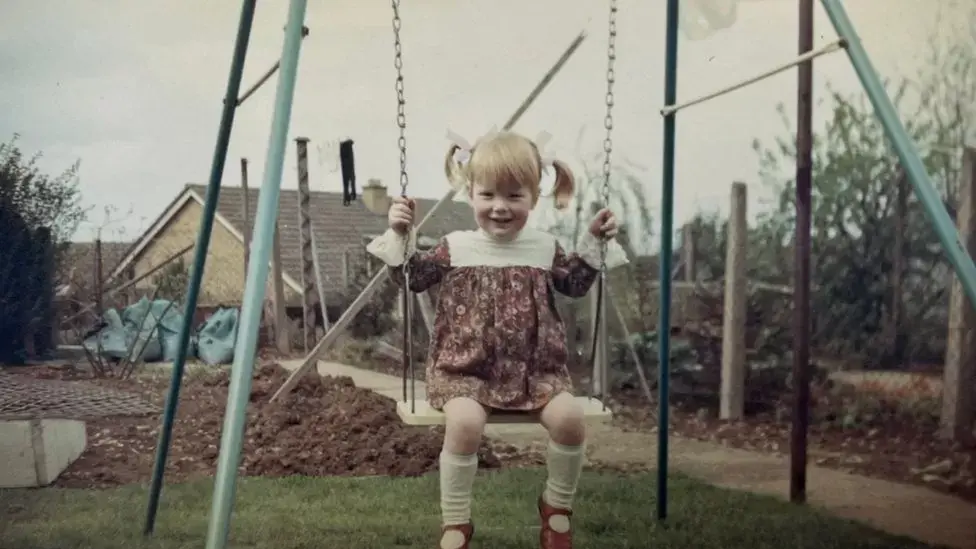Adoptee group fights for access to parents' medical records
- trushali Kotecha

- Mar 21, 2023
- 2 min read
7 March
By Greig Watson and Amy Payne
BBC News

After Dawn McLean was treated for breast cancer her research revealed her birth mother died from the same disease
A new group of adoptees are campaigning for better access to their birth parents' medical records.
The Adult Adoptee Movement says the lack of family medical history makes it far harder to judge screening and treatment regimes in later life.
Dawn McLean, from Leicestershire, was diagnosed with breast cancer and only later discovered her birth mother had died from the same illness.
At present there is no obligation for medical records to be made available.
Dawn McLean was given for adoption in 1966 because her mother was unmarried.
Her adoptive father died and adoptive mother remarried and Ms McLean said she was made to feel as if she was in debt to them.
This discouraged her from taking advantage of her legal rights to attempt to trace her birth parents.
History repeating
Ms McLean was diagnosed with breast cancer, which she said brought questions about her family medical history.
"The first question you get asked is that have you got any family history," she said.
"You're faced with a diagnosis, not knowing what your family history is.
"The response you get from health professional tends to be very casual, like 'OK then, we'll just continue as there's no extra risk'."
After receiving treatment, she sought out her natural mother's family only to find she had died of breast cancer.

Ms McLean was given for adoption in 1966 because her mother was unmarried
At present, birth parents can choose to have adoptive children notified of a serious disease but there is no obligation - and if an adopted adult asks and a birth parent refuses, there's no right to see the records.
This has led to a call from adoptees for easy access to their family medical history and it is one of 14 recommendations prompted by a human rights inquiry report.
'Open debate'
In response to the report, the government said: "We agree this issue is a concern to adopted children, particularly when attending medical appointments and can be distressing and painful.
"It may be difficult to establish a system for passing on up to date medical information to adopted people when they are not in contact, as the medical conditions of their family members may change over time."
It continued it would "discuss the current methods of parents and relatives passing on medical information with intermediary services to ensure this issue is being explored".
Dr Michael Fay, a senior lecturer in Law at Keele University and an expert in genetic privacy, says the legal and ethical perspective sides with the biological parent's privacy to keep the information from their adoptive children.
"Whether that is the right way of doing things is an open debate," he added.
The Adult Adoptee Movement also wants NHS tickboxes on their own records to show they are adopted and therefore have no automatic access to their own family medical history.





Comments